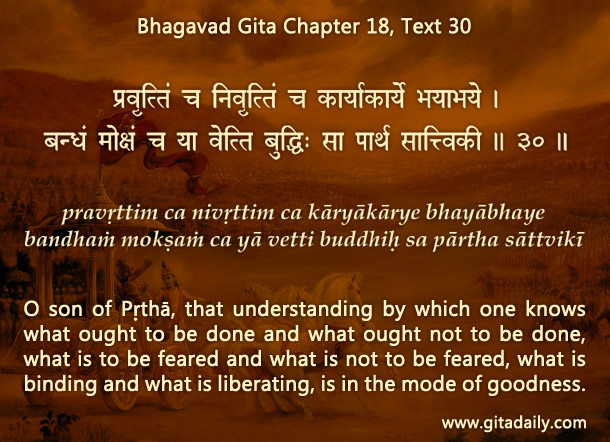The word “discrimination” has nowadays acquired a strong negative connotation, as in caste discrimination or racial discrimination.
While such discrimination is distasteful, it needn’t make us discriminate against discrimination, lest we become recklessly indiscriminate. The word “discriminate” also means to differentiate, to highlight a difference between things. And objective differentiation is essential for functioning in daily life.
For example, if a person is caught driving under intoxication, traffic police may ban that driver. Such a ban comprises discrimination – it implies that the driver is deemed unfit for driving, at least for a fixed period of reformation. This discrimination is not undesirable – it is essential for the safety of other commuters and even that particular driver.
And everyone does this kind of discrimination, even moral relativists. The ideology of moral relativism holds that, “If something feels right to you, then it is right for you. No one else has the right to tell you that it is wrong.” Yet suppose such moral relativists are asked, “Do you think there are some people somewhere in the world doing something wrong?” They will reply with a categorical yes, pointing possibly to terrorists, sexual offenders or child abusers. Thus, despite their moral relativism, they involuntarily and inevitably make value judgments, deeming some actions unquestionably wrong.
So, none of us can in practice be totally indiscriminate – nor do we need to be. The Bhagavad-gita (18.30) commends the intelligence that differentiates between the binding and the liberating, deeming such intelligence in the illuminating mode of goodness.
By honing our sense of discrimination according to the universal principles of Gita wisdom, we can avoid unhealthy discrimination in the sense of depriving qualified people of deserving opportunities. Simultaneously, we can develop healthy discrimination in the sense of knowing which choices bring out the best within us and which choices bring out the worst.
To know more about this verse, please click on the image
Explanation of article:
Podcast:
Download by “right-click and save”


Leave A Comment